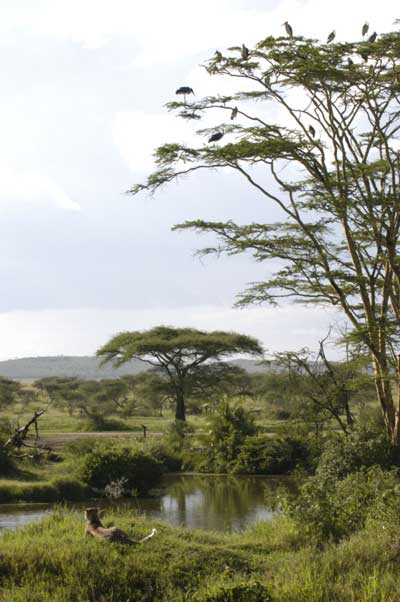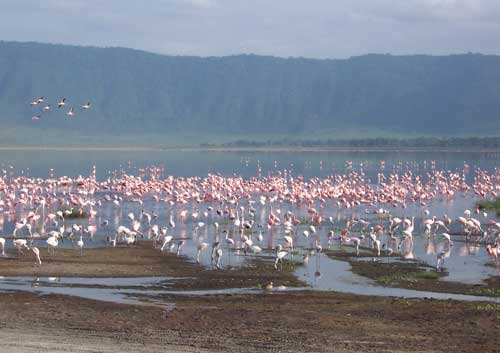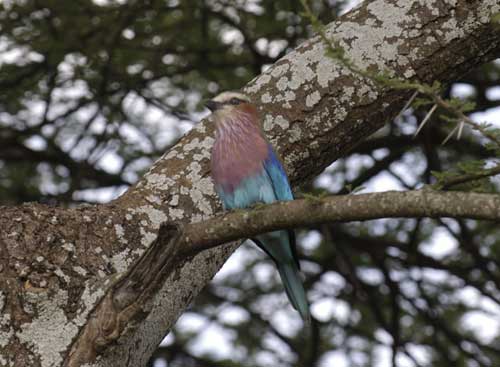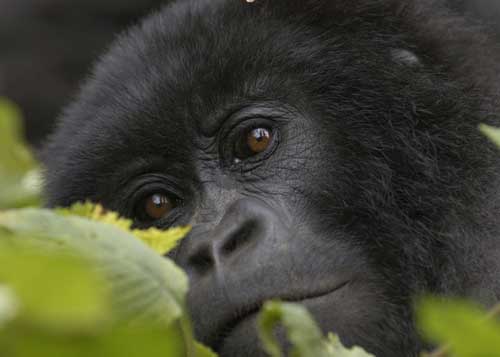Wildlife Safaris

Wildlife safaris through our programmes are mainly centred in the Northern Circuit. The Northern Circuit is a tourism route that comprises the most famous national parks in the country; - Serengeti, Tarangire, Lake Manyara and Arusha; and also contains the most spectacular natural wonders; - Ngorongoro Crater, Olduvai Gorge and Africa's highest mountain, Mount Kilimanjaro.
Safaris into Southern Tanzania and the Southern Circuit (Selous, Ruaha and Mikumi game areas) can also be arranged on request.
Detailed information about the national parks of Tanzania can be found at www.tanzaniaparks.com For Ngorongoro Conservation Area, visit www.ngorongorocrater.org, and for Selous, www.tanzaniatouristboard.com

Serengeti National Park
Serengeti is a Maasai word which means endless plains. Serengeti is the largest national park in Tanzania covering 14760 Sq. Km. which is roughly the size of Northern Ireland or Connecticut. Serengeti National Park is United Nations' biosphere reserve that has the greatest concentration of wildlife on earth. The most magnificent spectacle of Serengeti is the annual wildebeests migration.
Ngorongoro Crater
This is the largest unbroken caldera in the World hosting thousands of mammals and countless flamingos. The crater which is 610 metres deep and which has an area of 260 Sq. Km. has been declared a United Nations World heritage site. Ngorongoro crater lies within the Ngorongoro conservation area which is an extensive special place of landscape, wildlife, nomads and archaeology. The famous prehistoric site of Olduvai Gorge is found in this area.
Arush National Park
This national park is the closest to Arusha town. With an area of 137 Sq. Km. it lies roughly between the peaks of Mounts Kilimanjaro and Meru. Its spectacular features include Mount Meru, Lake Momella and Ngurdoto crater. It is famous for birds, monkeys and large mammals.Tarangire National Park
The fame of this national park lies in River Tarangire that cuts through the park, and hence giving the park its name. This river is the cause of the dense wildlife population of the park especially in the dry season from June to October when thousands of different animals migrate from dry Maasai steppe to the river looking for water. The park covers 2600 Sq. Km south east of Lake Manyara.
